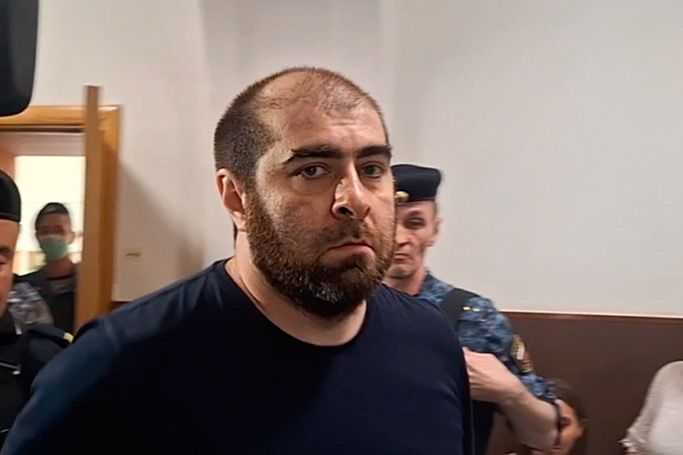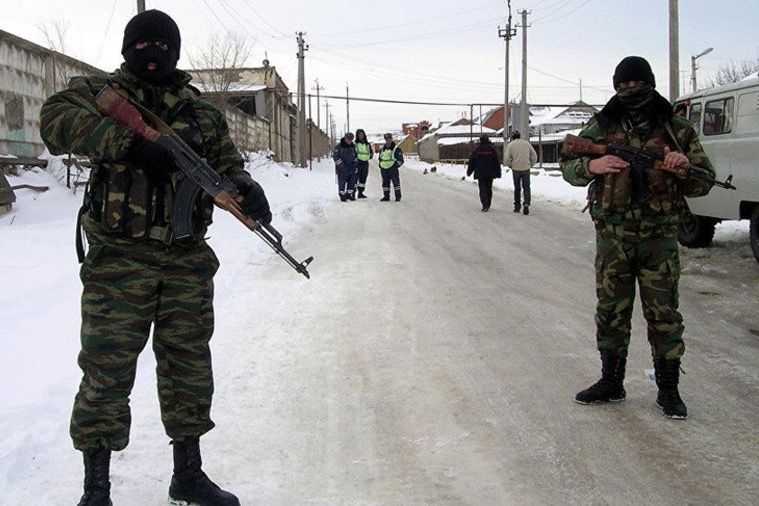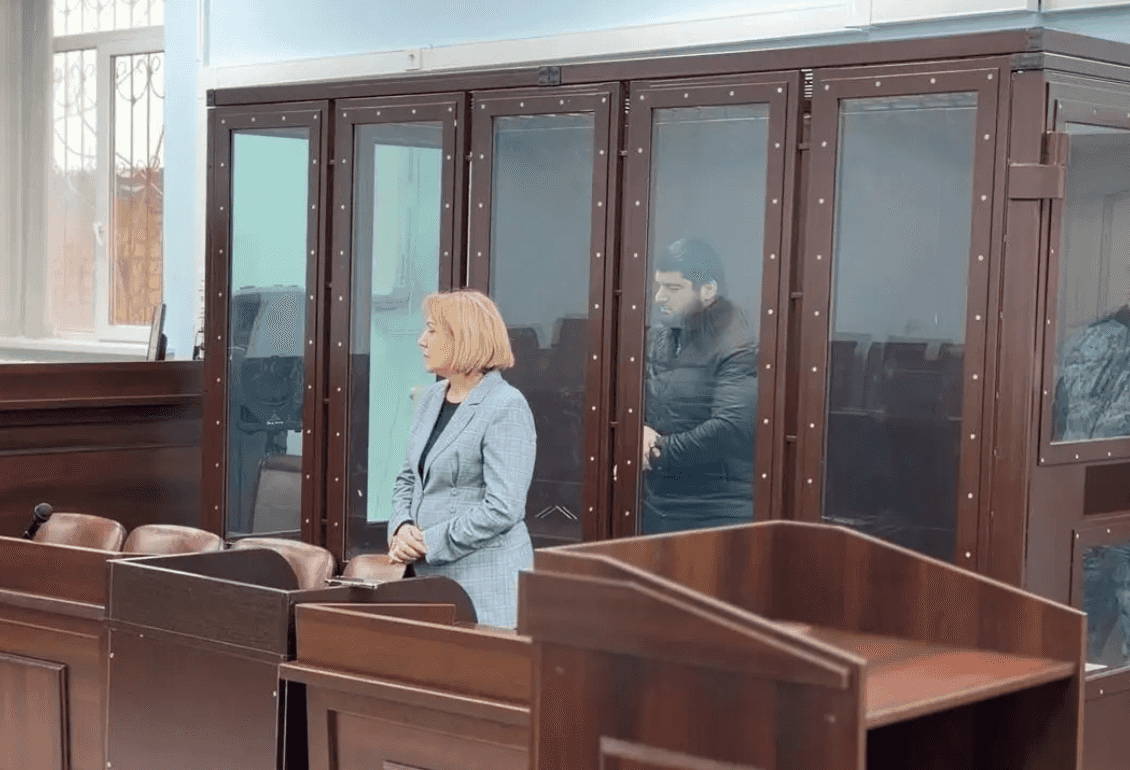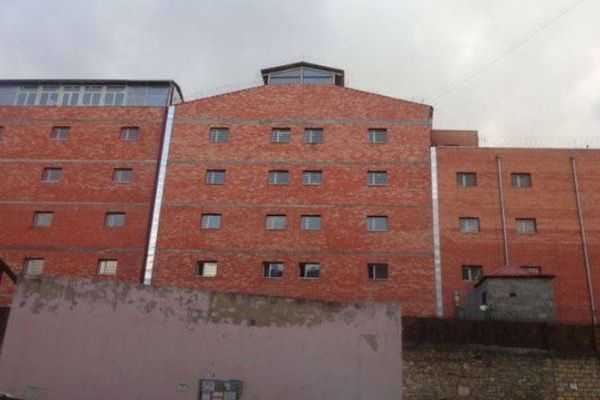
On 7 December, Daghestani law enforcement officers reported on the detention of suspects in preparation of a terrorist attack who were allegedly members of ‘a clandestine cell of a terrorist organisation banned in Russia’.
The press service of the regional branch of Russia’s Federal Security Service (FSB) told the state-run news outlet RIA Novosti that 12 people had been detained on suspicion of the crime. The suspects were allegedly found in possession of two ready-made improvised explosive devices with a capacity of one kilogram of TNT equivalent, explosive components, ammunition, and weapons.
According to the investigation, the suspected criminal group was headed by 50-year-old Samir Amayev, who served a 10-year sentence for banditry and was released in 2021. He was convicted of the murder of Magomed Saypulayev, an imam of the mosque in the Kizlyar district village of Yasnaya Polyana. According to the court’s version, Amayev, together with four accomplices, shot the imam in his own house and then fled. Amayev was also convicted of setting fire to a mobile phone tower.
After his release, Amayev had to report regularly to the police, but he soon stopped appearing there and was then put on a wanted list. Amayev and his 25-year-old nephew Magomed Amayev were among those detained on Saturday. The FSB also said that 32-year-old Magomed Muridbekov, the imam of the mosque in the village of Tsvetkovka, was also a member of the suspected criminal group.
The FSB claims that all the detainees confessed and said the group had not decided on their specific goals, but allegedly planned to commit a terrorist act during the New Year holidays.
According to Kommersant, citing a source in law enforcement, the village of Serebryakovka, where the suspects were detained, is known as ‘the old centre of Wahhabism ( a conservative sect of Islam banned in Russia) in the Kizlyar district’.
A criminal case has been opened under the articles of preparation for a terrorist act, creation of a terrorist community, and the illegal manufacture of explosives.
On 2 December, the FSB reported that five people were arrested in the Kizlyar district on suspicion of preparing a series of terrorist attacks. According to the FSB, they were members of the same criminal group as the new detainees.
On 27 November, law enforcers also suspected two local residents of preparing a terrorist attack in ‘one of the state institutions of the republic’. According to the investigation, the suspects had received special training for this purpose. They planned to make an improvised explosive device, the components for which they bought in July this year in the village of Kurush in Khasavyurtovsky district.
After some years of relative calm, there have been increasing terrorist incidents in the North Caucasus in recent months, including a high-profile attack in the summer.
The largest attack in years in the region occurred in Daghestan in June, when a group of armed men launched simultaneous assaults on churches, synagogues, and police officers in Makhachkala and Derbent. In the ensuing hours, 22 people were killed, 16 of whom were police officers. Five of the attackers were killed on the spot while another four were arrested and are now on trial.
In early November, the Memorial human rights centre reported that mass ‘mop-ups’ had been carried out in Chechnya after an attack on a Rosgvardiya convoy on 26 October, which killed two soldiers. According to human rights activists, ‘hundreds of people’ were detained in the Grozny district alone. Those swept up in the raids were reportedly offered a choice by police, to join the full-scale war in Ukraine, or go to prison on falsified charges.









